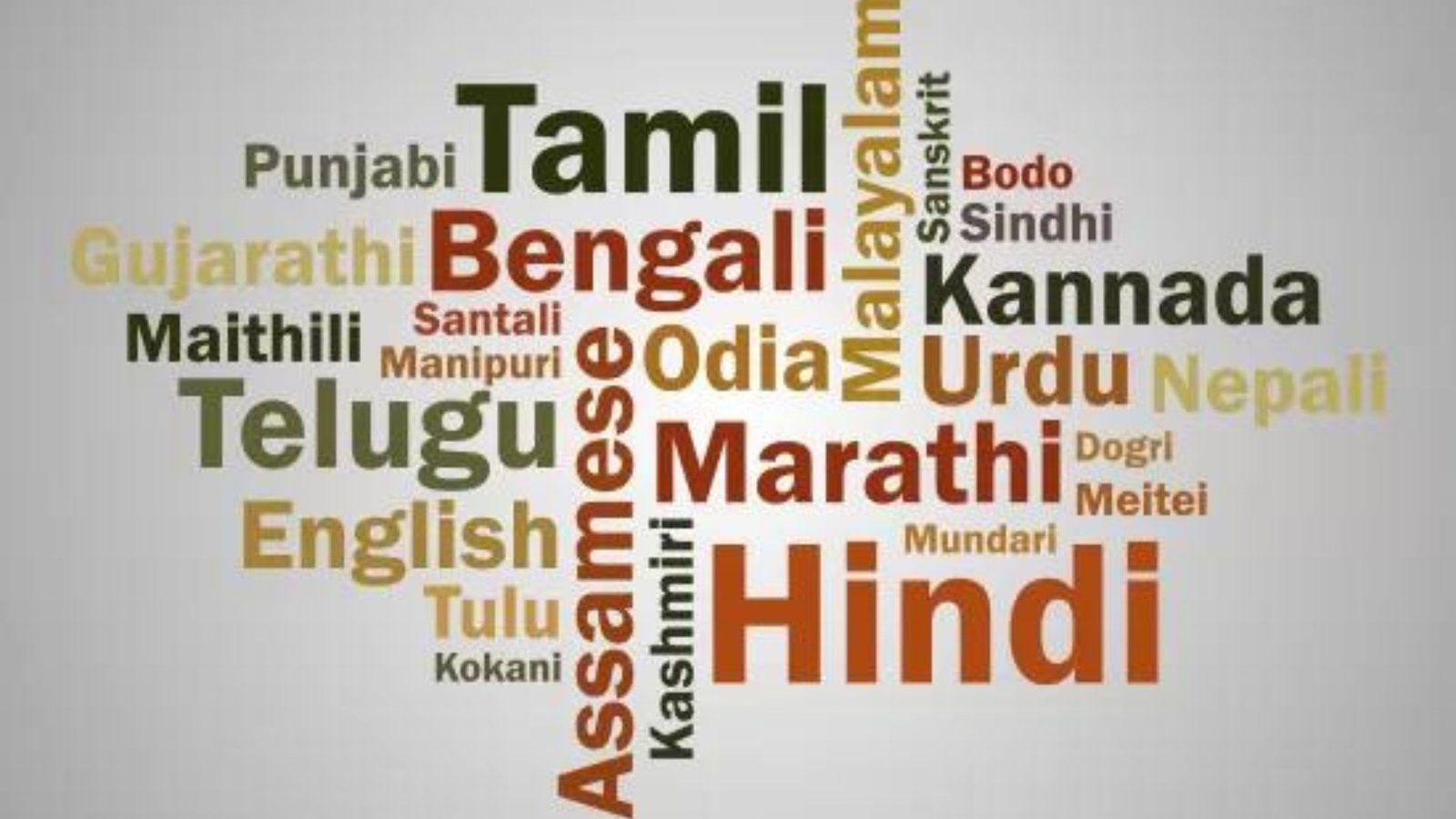Learning a regional Indian language for travel opens up a world of possibilities and enhances your travel experience in India. With over 1,600 spoken languages across the country, knowing even a few phrases can make a significant difference. Here’s why learning a regional Indian language can be invaluable for your travels.
1. Connect with Locals
One of the biggest advantages of learning a regional Indian language for travel is the ability to connect with locals. Speaking their language helps you build rapport and engage more deeply with people you meet. It shows respect for their culture and can lead to more authentic and meaningful interactions.

2. Navigate More Easily
Traveling in India can be challenging due to its linguistic diversity. Knowing a regional Indian language helps you navigate more easily. Whether you need directions, transportation information, or local recommendations, being able to communicate in the local language simplifies the process and reduces misunderstandings.
3. Enhance Cultural Experiences
Understanding a regional Indian language enriches your cultural experiences. You’ll gain a deeper appreciation of local customs, traditions, and festivals. Learning the language allows you to participate more fully in cultural events and understand their significance from a native perspective.
4. Access to Local Cuisine
Indian cuisine is as diverse as its languages. When you know a regional Indian language for travel, you can better understand menus and ask for recommendations. It also helps you explore local food markets and street food with confidence, ensuring you don’t miss out on regional delicacies.
5. Improve Safety and Security
Learning a regional language enhances your safety and security. In case of emergencies, you can communicate more effectively with locals or authorities. This ability to ask for help or understand important instructions can be crucial, especially in unfamiliar areas.
6. Avoid Tourist Traps
When you speak a local language, you’re less likely to fall into common tourist traps. Locals are more likely to offer genuine advice and avoid overpriced or less authentic experiences. This knowledge helps you discover hidden gems and truly explore the region.
7. Build Better Relationships
Learning a regional Indian language for travel fosters better relationships with locals. People appreciate the effort you make to learn their language, which can lead to more personal and hospitable interactions. You may also receive invites to local events or gatherings.
8. Enrich Your Travel Memories
Being able to communicate in a regional language allows you to create richer travel memories. You can engage in conversations, understand local jokes, and enjoy storytelling from native speakers. These experiences make your trip more memorable and enjoyable.
9. Gain a Competitive Edge
If you’re a frequent traveller or considering a long-term stay, knowing a regional language gives you a competitive edge. It opens up opportunities for work or volunteer experiences, as many local organizations prefer or require knowledge of the local language.
10. Facilitate Better Shopping Experiences
Shopping becomes more enjoyable and less stressful when you understand the local language. You can negotiate prices, ask about products, and interact more smoothly with vendors. This ability helps you get better deals and a more authentic shopping experience.
11. Overcome Language Barriers
In many parts of India, English may not be widely spoken. Learning a regional language bridges this gap and allows you to overcome language barriers. This skill is especially useful in rural areas where English speakers are less common.
12. Understand Local Media
With a basic knowledge of a regional language, you can enjoy local media such as films, music, and news. This exposure helps you gain insight into the culture and current events of the area you’re visiting.
13. Increase Flexibility in Travel Plans
Knowing a regional Indian language gives you more flexibility in your travel plans. You can make spontaneous changes, explore new areas, and adapt to local recommendations with ease. This adaptability enhances your overall travel experience.
14. Support Sustainable Tourism
By learning a regional language, you contribute to sustainable tourism. Your engagement with local communities promotes responsible travel and supports local economies. This positive impact helps preserve cultural heritage and supports local businesses.
15. Personal Growth and Fulfillment
Learning a new language is a fulfilling personal achievement. It challenges you intellectually and opens your mind to different cultures and perspectives. The satisfaction of communicating effectively in a new language adds to the joy of traveling.
Conclusion
Learning a regional Indian language for travel offers numerous benefits, from connecting with locals to enhancing your overall travel experience. By embracing the local language, you gain deeper insights, navigate more effectively, and create lasting memories. So, whether you’re planning a short visit or an extended stay, investing time in learning a regional language will enrich your journey and help you make the most of your travels in India.

